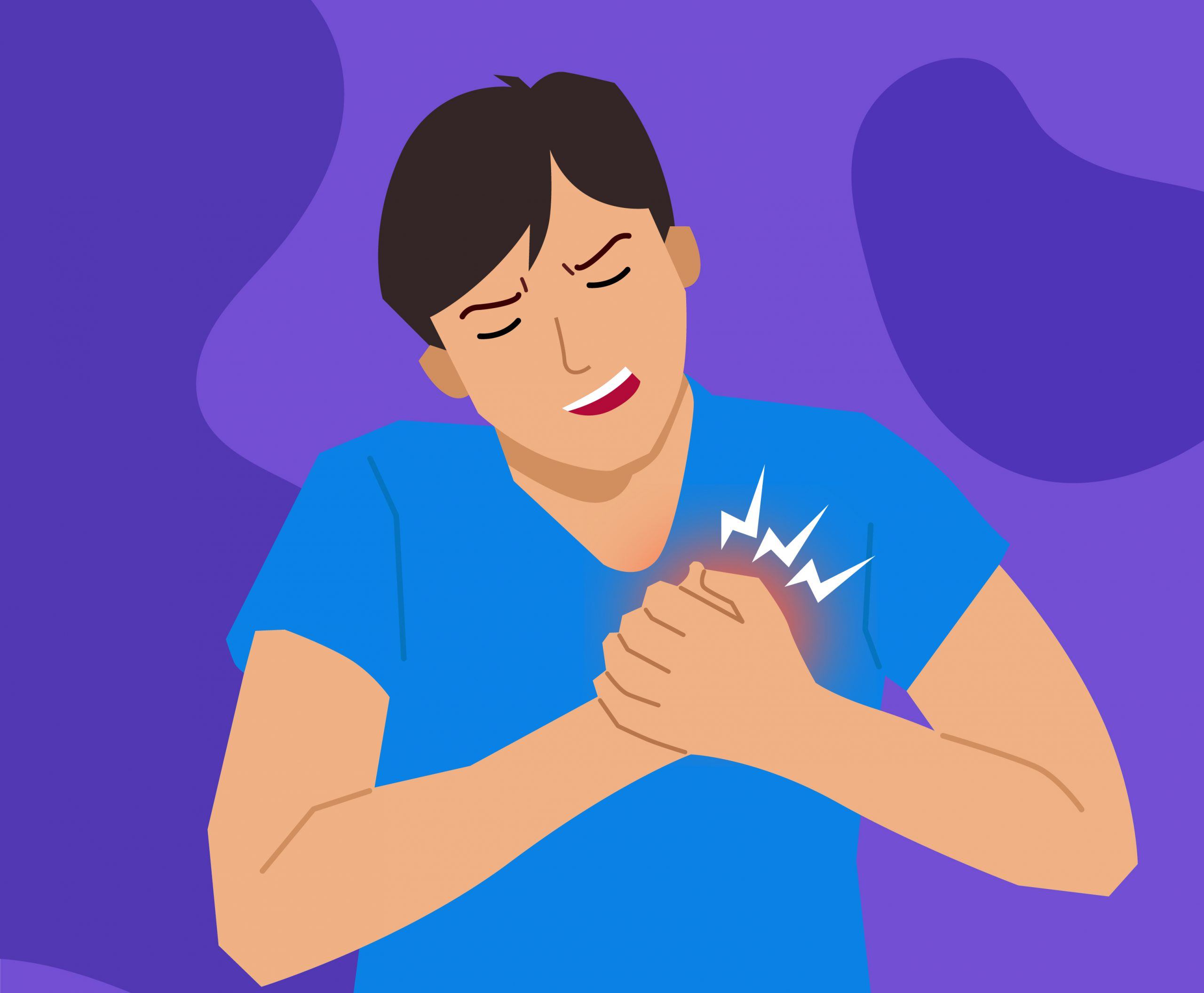The XE variant of Covid-19 is a mutation of Omicron BA.1 and BA.2 strains. It is a recombinant where two related parent viruses exchange genetic material to create offspring with genes from both parents.
XE variant was first discovered in the United Kingdom in January 2022. It is more highly transmissible when compared to other variants. Mumbai is the first city in India to report cases of the Omicron XE variant. Subsequently cases have been reported in other places including NCR, Gujarat, etc.
XE variant is 10 times more infectious than BA.2 variant. BA.2 reports the highest number of cases in the world currently and is called the stealth variant as it is not easy to detect.
Symptoms of Omicron XE
The new variant is exhibiting similar symptoms as those of the original Omicron. These include fever, cold and cough, sore throat, skin irritation, gastric trouble, etc. Loss of smell, shortness of breath, exhaustion, body ache, loss of appetite, and diarrhoea are the other symptoms. The symptoms are generally milder and not very severe.
Generally, people afflicted with XE variant also experience a loss of smell and taste. Severely affected people may experience heart trouble, palpitation and nerve issues as well.
Omicron XE is observed to be thrice as contagious as the Delta variant. However, the risk of hospitalisation is lower in XE than was observed in the earlier Covid variants. It is also reported to be less severe than the Delta variant in children less than five years old.
According to doctors, the XE variant may prove to be more dangerous for people who are already suffering from serious ailments. It is recommended to seek medical advice immediately if any of the symptoms become visible.
Potential Fourth Wave
The XE variant is causing concerns about a potential fourth wave of Covid-19 in India. Though it comprises only a small proportion of total sequenced cases, there is evidence of community transmission.
According to the National Technical Advisory Group on Immunisation (NTAGI) there is “nothing to panic†as the cases reported have not caused many serious infections.
The World Health Organisation (WHO) has said that it will not classify XE as a variant of concern separate from Omicron until major differences in disease transmission or severity are observed.
Conclusion
Health experts are advising the continuation of public health precautions such as physical distancing, wearing masks, practising proper sanitation, and staying home when sick. According to them, vaccinations is the best protection and is very effective in preventing any complications because of the XE virus.
The central and state governments are also keeping a close eye on the situation and are issuing directives to the health authorities as and when required.

